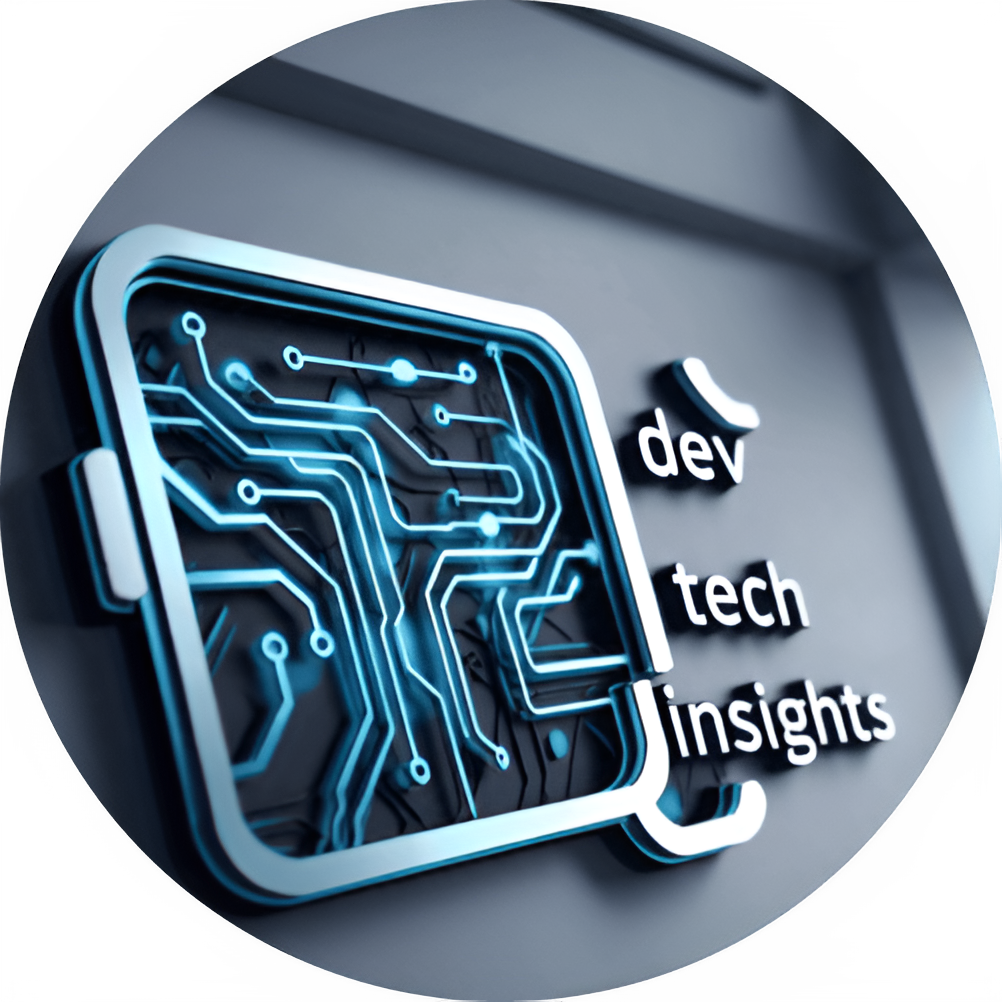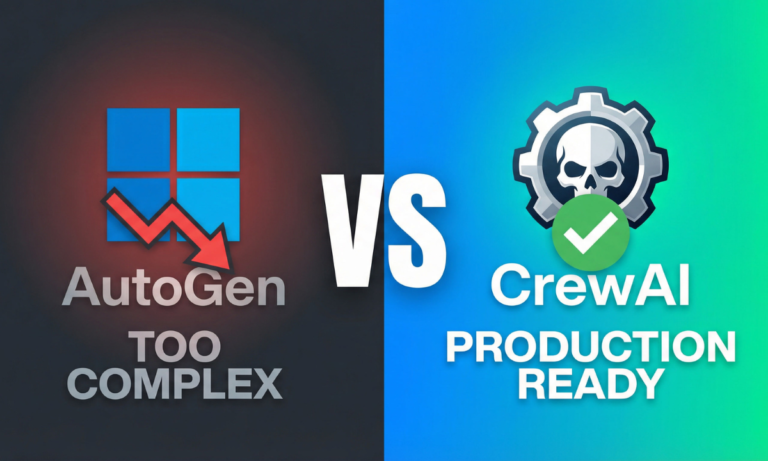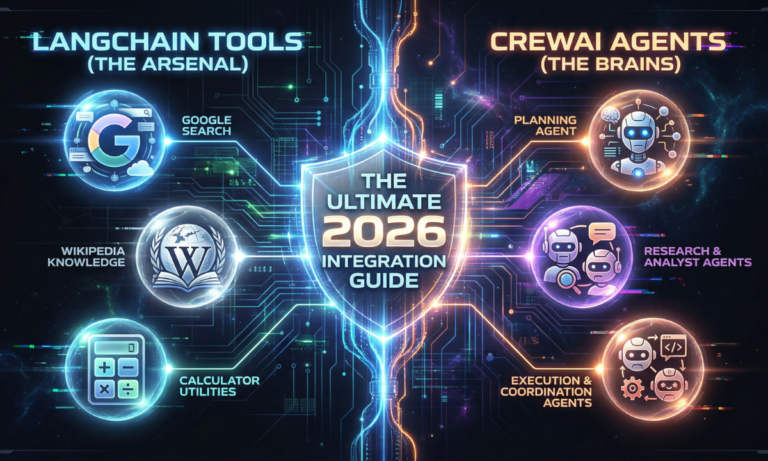
Imposter Syndrome 2.0: Competing Against AI as a Developer
Table of Contents
Introduction
Every developer, at some point, has felt like they’re not good enough. That creeping doubt has a name: Imposter Syndrome. Traditionally, it came from comparing yourself to peers, senior engineers, or coding standards you thought you’d never reach.
But in 2025, there’s a new twist. The “imposter” isn’t another human — it’s artificial intelligence.
Need Fast Hosting? I Use Hostinger Business
This site runs on the Business Hosting Plan. It handles high traffic, includes NVMe storage, and makes my pages load instantly.
Get Up to 75% Off Hostinger →⚡ 30-Day Money-Back Guarantee
AI coding assistants like GitHub Copilot, ChatGPT Code Interpreter, and Tabnine are writing full functions in seconds. And for many developers, this creates a new anxiety: If the machine can do it faster, am I still valuable?
This is Imposter Syndrome 2.0.
In this blog, we’ll explore how developers are coping with AI-powered code generation, real-world experiences from the community, and practical strategies to stay relevant — and confident — in this new era.
The Evolution of Imposter Syndrome in Development
For years, developers battled imposter syndrome when:
- Starting in a new programming language.
- Entering the workforce as a junior dev.
- Reading someone else’s elegant code on GitHub.
- Failing a whiteboard interview.
Now, a new player entered the scene: AI-generated code.
Instead of comparing themselves to another human developer, many coders now compare themselves to AI. And the bar feels impossibly high.
One Reddit user wrote:
“I’ve been coding for three years, and honestly, Copilot writes cleaner functions than I do sometimes. It makes me feel like a fraud, like I don’t even belong in this industry.” [Source: r/programming]
This feeling isn’t rare. A 2024 Stack Overflow Developer Survey revealed that over 48% of developers admitted they’ve questioned their career path after seeing what AI tools can generate.
When AI Becomes the “Perfect” Coder
AI is fast, consistent, and doesn’t tire. It never complains about deadlines or second-guesses itself. On the surface, it looks like the perfect coder.
But here’s the catch: AI lacks context, business logic, and critical thinking.
- AI can generate a login system in seconds.
- But it won’t know how to integrate that login system with your company’s outdated legacy database unless you guide it.
- AI can refactor messy functions beautifully.
- But it won’t understand why your team’s design system requires certain conventions.
A Medium blogger (source: [Medium dev stories]) shared:
“Copilot gave me a perfectly working Python script, but it took me an hour to debug subtle errors it introduced. It’s like working with a genius intern — brilliant, but unreliable without supervision.”
This shows the real truth: AI is powerful, but it’s not autonomous. Developers are still in control.
Real Stories of Imposter Syndrome 2.0
Here are some real experiences from the community:
- The Junior Developer’s Fear:
A junior developer on Twitter (X) wrote:
“As a newbie, I feel like AI tools make my role obsolete. Why would companies hire juniors if AI can already write production-ready code?”
This post got 12k likes and hundreds of replies, mostly from senior developers reminding them that AI doesn’t replace learning, debugging, or creativity.
- The Senior Developer’s Doubt:
Another developer shared on Hacker News:
“I’ve been coding for 15+ years. For the first time, I asked myself: am I falling behind if I don’t fully adopt AI coding tools?”
- The Balanced Perspective:
A software engineer on LinkedIn wrote:
“AI hasn’t taken my job — it has made me 3x faster. I spend less time writing boilerplate and more time on architecture. It’s like moving from a bicycle to an electric bike. You still need to steer.”
👉 These stories show the divide: some developers feel threatened, others feel empowered.
Useful Links
- The Era of Small Language Models (SLMs): Why 2026 Belongs to Edge AI
- Microsoft AutoGen vs. CrewAI: I Ran a “Code Battle” to See Who Wins in 2026
- How to Build AI Agents with LangChain and CrewAI (The Complete 2026 Guide)
- Beyond the Chatbot: Why 2026 is the Year of Agentic AI
- Why Developers Are Moving from ChatGPT to Local LLMs (2025)
- LangChain vs. LlamaIndex (2026): Which AI Framework Should You Choose?
The Psychology of Competing with AI
Why does AI trigger such deep imposter syndrome?
- Speed Comparison
Humans naturally compare themselves to others. But when “others” become machines that type 1000x faster, the comparison feels unfair. - Perfection Illusion
AI-generated code looks flawless at first glance. But as many have found, it often hides subtle bugs. Developers see the shiny output and assume they’re less competent. - Fear of Replacement
The biggest fear: If AI can do this, why hire me?
This echoes fears from other industries (writers, designers, translators). But in reality, companies need humans to contextualize, validate, and innovate beyond what AI can produce.
Strategies Developers Use to Cope
Here are ways developers are fighting back against Imposter Syndrome 2.0:
- Reframe AI as a Tool, Not a Rival
Many developers now call AI “the best pair programmer” rather than a competitor. - Focus on Problem-Solving, Not Just Code
A dev on Reddit wrote:
“AI can write a sorting algorithm. But it can’t decide which business logic fits our customers’ needs. That’s where I come in.”
- Leverage AI to Learn Faster
Instead of fearing AI, use it as a learning buddy. Ask it why it wrote something a certain way, then validate the explanation. - Double Down on Human Strengths
Soft skills, product sense, creativity, and cross-team communication are areas AI cannot compete in. Developers who grow these skills find themselves irreplaceable.
What Companies Really Want in 2025
A big misconception is that companies now only want “AI coders.” But recent job postings tell a different story.
- Glassdoor data (2025):
Jobs requiring “AI-assisted coding experience” grew by 37%.
But jobs requiring “independent problem-solving” and “system architecture” grew by 62%.
This proves: businesses value developers who can think critically, manage AI, and integrate it into real-world contexts.
Looking Ahead – Developers and AI Together
Instead of a rivalry, think of this as an evolution.
- In the 80s, developers feared compilers would make assembly coders obsolete.
- In the 2000s, devs feared frameworks would kill raw coding skills.
- In the 2010s, devs feared automation and cloud platforms.
Each time, the profession adapted — and grew.
AI is simply the next chapter.
As one senior engineer put it:
“The real imposter isn’t you. It’s the fear that stops you from embracing the tools of the future.”
Conclusion
Imposter Syndrome 2.0 is real. Developers are comparing themselves to machines that can out-code them in speed but not in creativity, context, or strategy.
The developers who thrive in 2025 aren’t the ones who reject AI — but the ones who partner with it, learn from it, and use it to amplify their impact.
So next time you feel like an imposter when AI spits out perfect-looking code, remember: The code is only the beginning. The human insight behind it is what truly matters.
👉 And if you want daily updates and exclusive PDF guides on thriving as a developer in the AI era, subscribe to our newsletter.
FAQs
Q1: Will AI replace junior developers completely?
Not entirely. Juniors may write less boilerplate code, but they’ll still be essential for debugging, learning system design, and growing into future senior roles.
Q2: Should developers fear AI?
No — they should master it. AI is a multiplier, not a replacement.
Q3: How can I use AI without becoming dependent on it?
Use it as a guide, but always validate, test, and try writing code yourself first.
Q4: What skills are more valuable than coding in 2025?
System design, product sense, problem-solving, and cross-team communication.
Q5: How do I overcome imposter syndrome caused by AI?
Reframe AI as a helper, focus on your unique human strengths, and build confidence through practice and mentorship.

🚀 Let's Build Something Amazing Together
Hi, I'm Abdul Rehman Khan, founder of Dev Tech Insights & Dark Tech Insights. I specialize in turning ideas into fast, scalable, and modern web solutions. From startups to enterprises, I've helped teams launch products that grow.
- ⚡ Frontend Development (HTML, CSS, JavaScript)
- 📱 MVP Development (from idea to launch)
- 📱 Mobile & Web Apps (React, Next.js, Node.js)
- 📊 Streamlit Dashboards & AI Tools
- 🔍 SEO & Web Performance Optimization
- 🛠️ Custom WordPress & Plugin Development







